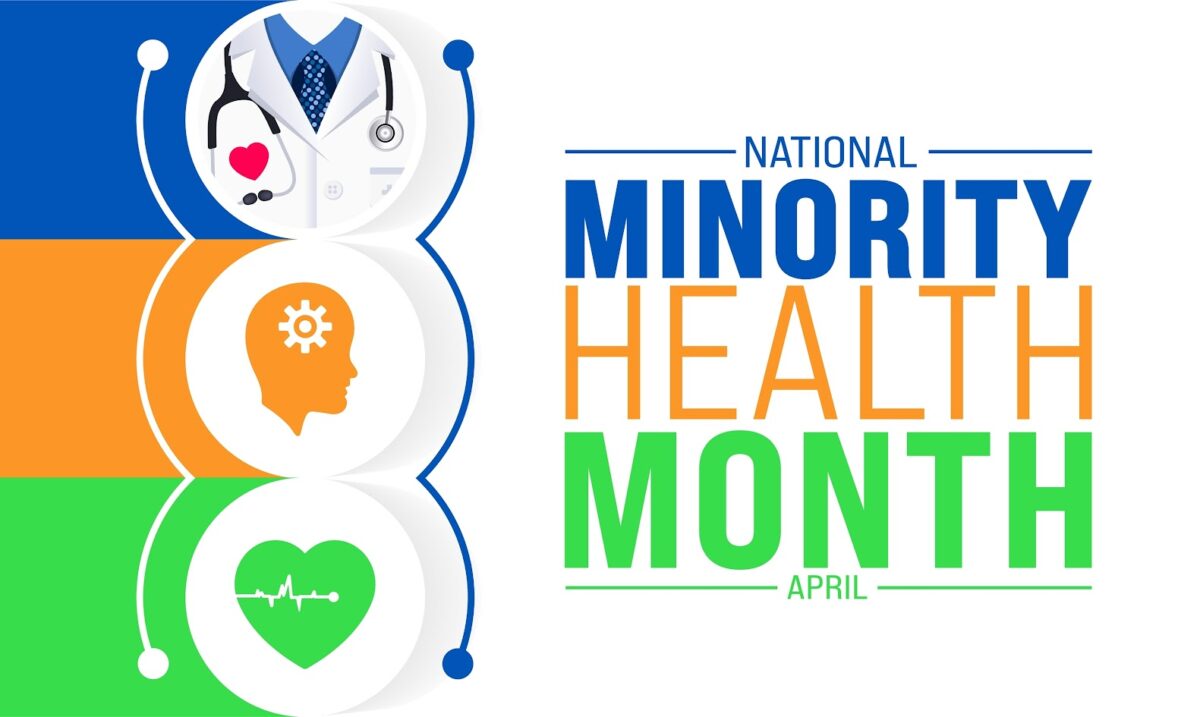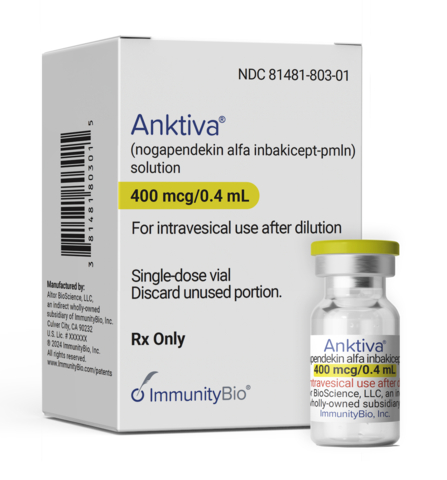Growing evidence continues to show fundamental links between the nervous system and the gut microbiome. Now, new research shows that the brain hormone serotonin may cause gut inflammation that could trigger flare-ups in Crohn’s disease.
McMaster University researchers found that high levels of serotonin blocked the cellular process of autophagy in the gut, which cells use to destroy and remove their damaged cellular components.
While serotonin, or 5-hydroxytryptamine (5-HT), is an important neurotransmitter in the brain that regulates things like mood, stress and anxiety, it turns out that almost 95 percent of it is produced in the gut by a type of enteroendocrine cells (enterochromaffin cells); it remains unclear why the gut is the major site of serotonin production.
Crohn’s disease is one of the two main types of inflammatory bowel disease (IBD), along with ulcerative colitis. Crohn’s causes inflammation in the gastrointestinal (GI) tract, which can lead to ulcers, sores or scarring along the digestive tract. The exact cause of the inflammation associated with Crohn’s disease is still not known.
The researchers found that an increase in serotonin receptors in the colon inhibited autophagy, which led to changes in the gut microbiota resulting in increased severity of inflammation to cause flare-ups of the disease.
The McMaster study findings linking Crohn’s and serotonin came from both human data as well as a mouse model that uncovered a link between serotonin, autophagy and Crohn’s-related inflammation. The study was published in Science Advances.
Related: New Research Shows IBS Symptoms May be Caused by Gut Infections
The “self clean-up” process of autophagy is critical for maintaining healthy, functional cells. While autophagy was first discovered in the 1960s, work by Japanese scientist Yoshino Ohsumi in the 1990s identified its biological importance. Ohsumi won the Nobel Prize in 2016 for his findings. Autophagy dysfunction has been implicated in IBS conditions like Crohn’s, as well as in diabetes and neurological disorders, including Parkinson’s and Alzheimer’s.
In the study, the researchers analyzed blood and biopsy samples from patients with Crohn’s disease and compared them to a matching number of healthy individuals. They found that treatment of peripheral blood mononuclear cells (PBMCs) blocked autophagy, as indicated by a decrease in cellular autophagy markers. They also found there were higher levels of plasma 5-HT in patients with Crohn’s disease, which was associated with impaired autophagy in PBMCs compared to healthy control individuals.
Additionally, the researchers used a mouse model to demonstrate that increased 5-HT in the colon inhibits autophagy, which leads to alterations in the composition of the gut microbiota and increased severity of inflammation.
Crohn’s disease affects millions of people worldwide and can be difficult to manage. There is no cure for the condition and complications can be severe or life-threatening in some cases. Crohn’s inflammation can cause symptoms of abdominal pain and cramping, severe diarrhea, fever, weight loss and fatigue. Current treatments for Crohn’s include medications that reduce inflammation, resting the bowel and surgery.
“Findings of our present study suggest that in IBD, such as in Crohn’s disease, there is an increase in gut serotonin level, which acts as a brake on the autophagy process of intestinal epithelial cells. This impairment of autophagy in the epithelial cells leads to a reduction in antimicrobial peptide production, which alters the normal gut microbiota composition towards the colitogenic type,” Dr. Waliul Khan, senior author on the study and professor of pathology and molecular medicine at McMaster University, said in an interview with Medical News Today.
He said the study is the first to show the interaction between serotonin, autophagy and the gut microbiome in intestinal inflammation, with the hormone serving as a novel regulator of an autophagy-gut microbiota axis in gut inflammation.












Join or login to leave a comment
JOIN LOGIN